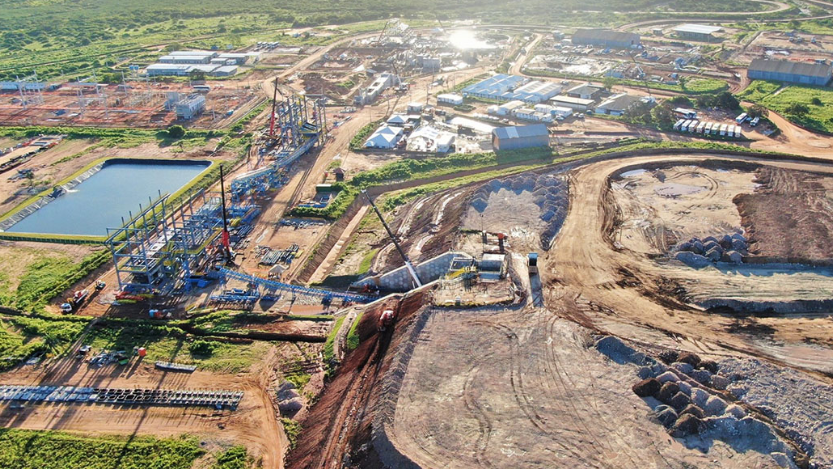As copper plunges, Appian bets on shortages from electrification

A London-based private equity fund is looking to expand copper production, betting the metal will be in short supply in the coming years despite prices plunging this week.
Appian Capital Advisory’s Brazilian unit MVV is ramping up a new mine in the country’s northeastern region and is already eying an expansion, Paulo Castellari, head of operations in Brazil, said in an interview.
The Serrote mine is starting up just as copper prices head for their worst week since the start of the pandemic. Investors who piled in amid global stimulus and robust Chinese-led demand are reducing holdings on a more hawkish U.S. monetary policy tone and China’s bid to cool inflation pressures. But a nascent clean-energy transformation is keeping copper’s longer term outlook bright, Castellari said.
RELATED: MAPPED: These 25 projects will set the copper price for decades
“Copper remains an incredibly attractive commodity, and MVV is ideally placed to benefit from the growing global focus on electrification and de-carbonization,” he said.
Appian has invested $200 million in Serrote, acquiring the project from Aura Minerals three years ago. The mine is set to make its first shipment of 4,000 tons of semi-processed copper in November as part of a five-year offtake agreement, ramping up to an annual capacity of 22,000 tons by late next year. Plans include building a second plant and tapping nearby deposits to increase that by at least 40%.

In Brazil’s Bahia state, Appian returned the Santa Rita open-pit nickel mine to production in late 2019 after buying it from the bankrupt Mirabela Nickel. Appian’s Atlantic Nickel unit will begin feasibility studies into a possible $250 million underground project to boost output and extend the mine life, with a view to tap growing demand for another metal used in rechargeable batteries.
With $1.2 billion under management, Appian is also scouring for new projects, Castellari said. Exit strategies from its Brazilian projects are undefined, and could include bringing in a strategic partner or even going public, he said.
(By Mariana Durao)
{{ commodity.name }}
{{ post.title }}
{{ post.date }}




Comments
Tom De Nert
Thanks for publishing.